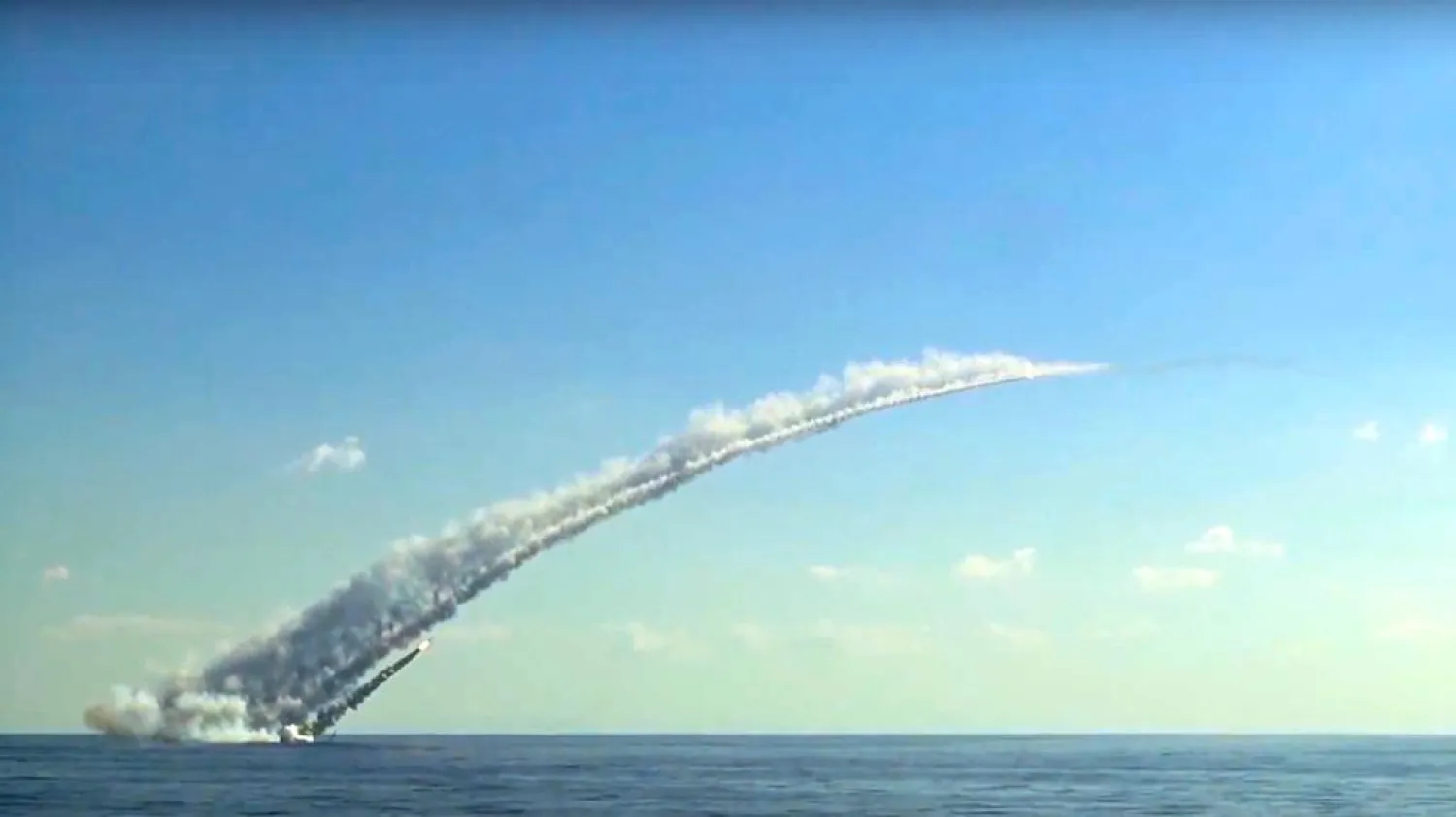Moscow strongly escalated on Friday its campaign against the US-led al-Tanf military base in eastern Syria and near the Iraqi border at a time when Russian warplanes supported regime forces that infiltrated in the city of Mayadeen, one of the ISIS strongholds in the east of Deir Ezzor.
The Russian Defense Ministry said the US base in al-Tanf has turned into “a black hole” that generates the insurgency of terrorists into Syria.
Spokesperson of the Russian Defense Ministry, Major General Igor Konashenkov said in a statement on Friday: “In reality, al-Tanf has turned into a 100-kilometer ‘black hole’ on the Syrian-Jordanian state border. And, instead of the Free Syrian Army, it is spewing ISIS mobile groups who make inroads to launch subversive terrorist operations against Syrian troops and civilians.”
The spokesperson said that every time the Syrian regime forces, supported by Russian warplanes, advance towards the east of the ISIS stronghold in Deir Ezzor, the US presence in the background lines at al-Tanf base becomes a bigger problem.
In a surprising development that could further escalate tensions between US and Russian forces in Syria, coalition jets shelled on Friday a convoy of the Syrian regime and its allied foreign militias in the al-Tanf area.
Syrian opposition sources said that the attack killed seven regime forces and allied militias and injured more than 16 others.
For its part, the Syrian Observatory for Human Rights reported on Friday that a series of explosions caused by the regime and Russian forces hit the city of Mayadeen at a time when fighting continued in the western part of the city where Assad forces were capable to arrive.
“With support from Russian aviation, regime forces entered Mayadeen and took control of several buildings in the west of the town,” Rami Abdel Rahman, head of the Britain-based Syrian Observatory for Human Rights, told AFP.









